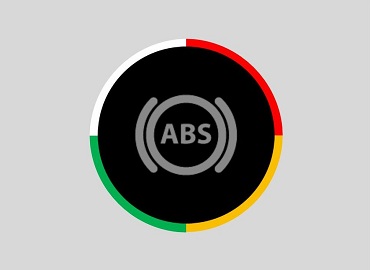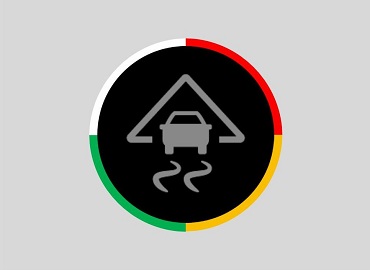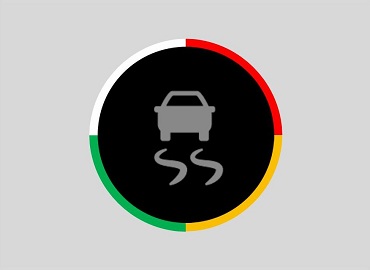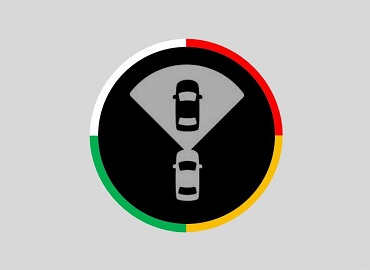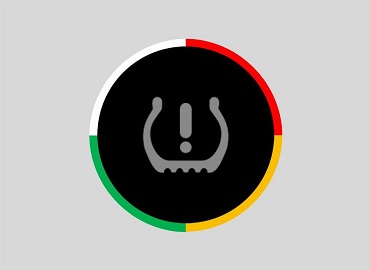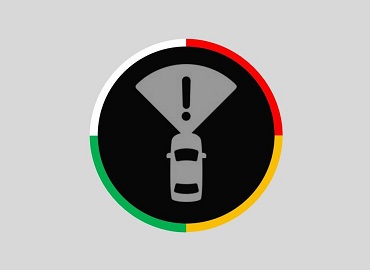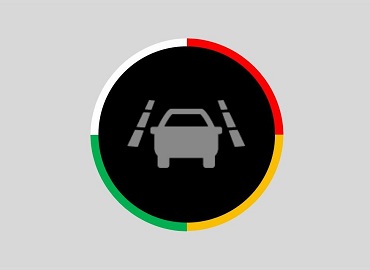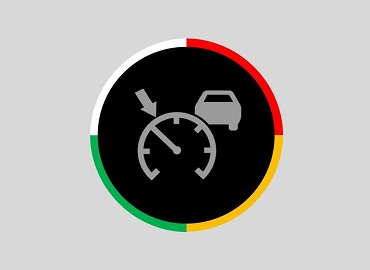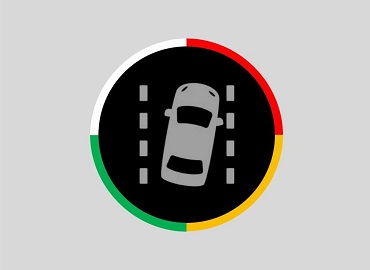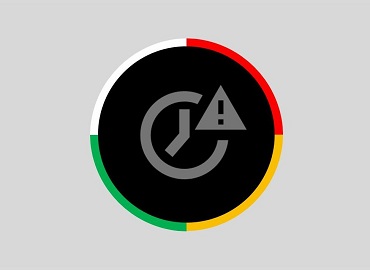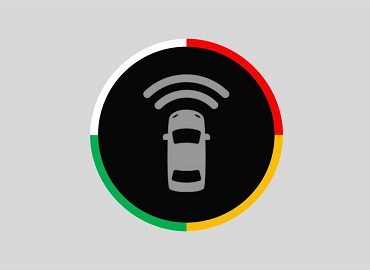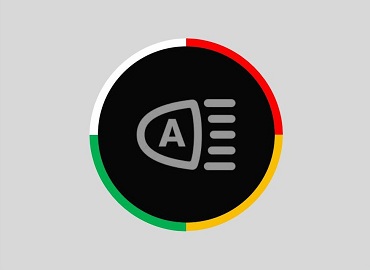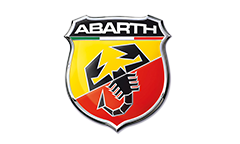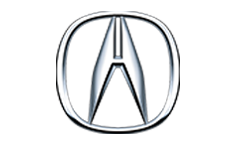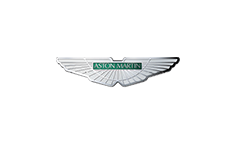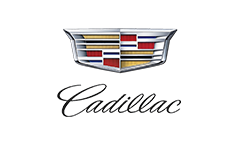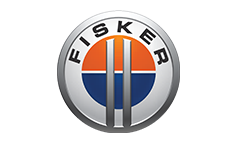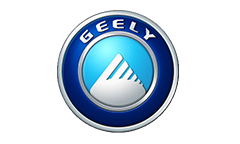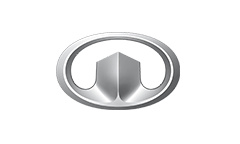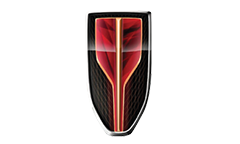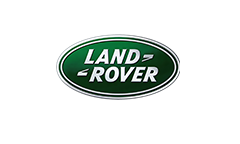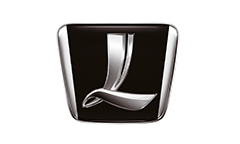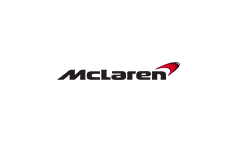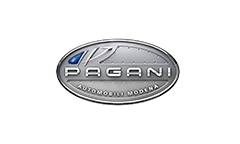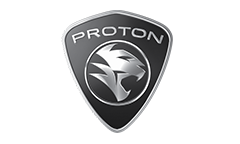Active Safety
ACTIVE SAFETY SYSTEMS ARE DESIGNED TO PREVENT DANGEROUS SITUATIONS THAT CAN AFFECT YOUR DRIVING, INCLUDING SITUATIONS THAT ARE UNPREDICTABLE AND EXTERNAL AND THOSE AT THE FAULT OF THE DRIVER
Active Safety Systems
Anti-lock Braking Systems
ABS is allows the wheels to maintain tractive contact with the road surface according to driver inputs while braking, preventing the wheels from locking up and avoiding uncontrolled skidding
Electronic Stability Control
ESC helps to prevent a vehicle from skidding, and the driver from losing control while turning a corner. ESC technology can automatically activate the brakes to help steer the vehicle in the right direction
Traction Control System
Traction control is most effective when accelerating from a stopped or slowed position. This feature making driving smoother and stay in control of the car on icy roads or during rainy weather
Adaptive Cruise Control
Adaptive cruise control is to alter the set cruising speed if it detects a slower vehicle ahead. When adaptive cruise control is engaged, the car will maintain a specific distance from the car in front
.
Tire Pressure Monitoring System
TPMS System continuously and reliably monitors the inflation pressure in real-time. In the event of pressure loss below a safe threshold, it immediately alerts the driver to take action
Automated Emergency Braking
AEB helps provide constant monitoring of the road ahead and is designed to assist the driver by automatically applying the brakes if they do not respond in an imminent crash situation
Lane Departure Warning
LDW is driver-assistance feature that looks for lane markings and alerts the driver if the vehicle is in danger of wandering out of its lane or has begun to exit the lane without the turn signal being activated
Speed Limit Information
SLI Systems inform the driver of the current speed limit by displaying it on the dashboard or navigation system. They use cameras to recognize road signs or use speed-limit data from the navigation system
Lane Keeping Assistance
LKA Systems monitor the position of the vehicle with respect to the lane boundary and apply torque to the steering wheel, or pressure to the brakes, when a lane departure is about to occur
Intelligent Speed Assistance
ISA System which informs, warns and discourages the driver to exceed the statutory local speed limit. The in-vehicle speed limit is set automatically as a function of the speed limits indicated on the road
Forward Collision Warning
FCW Identifies the control on passenger cars that operates the forward collision warning system, which alerts the driver to imminent forward collision, especially in heavy traffic situations
Adaptive Headlights
Adaptive front lighting systems are headlights that adjust their direction when turning corners/curves or on hills providing enhanced driver vision at night time or in poor light conditions


